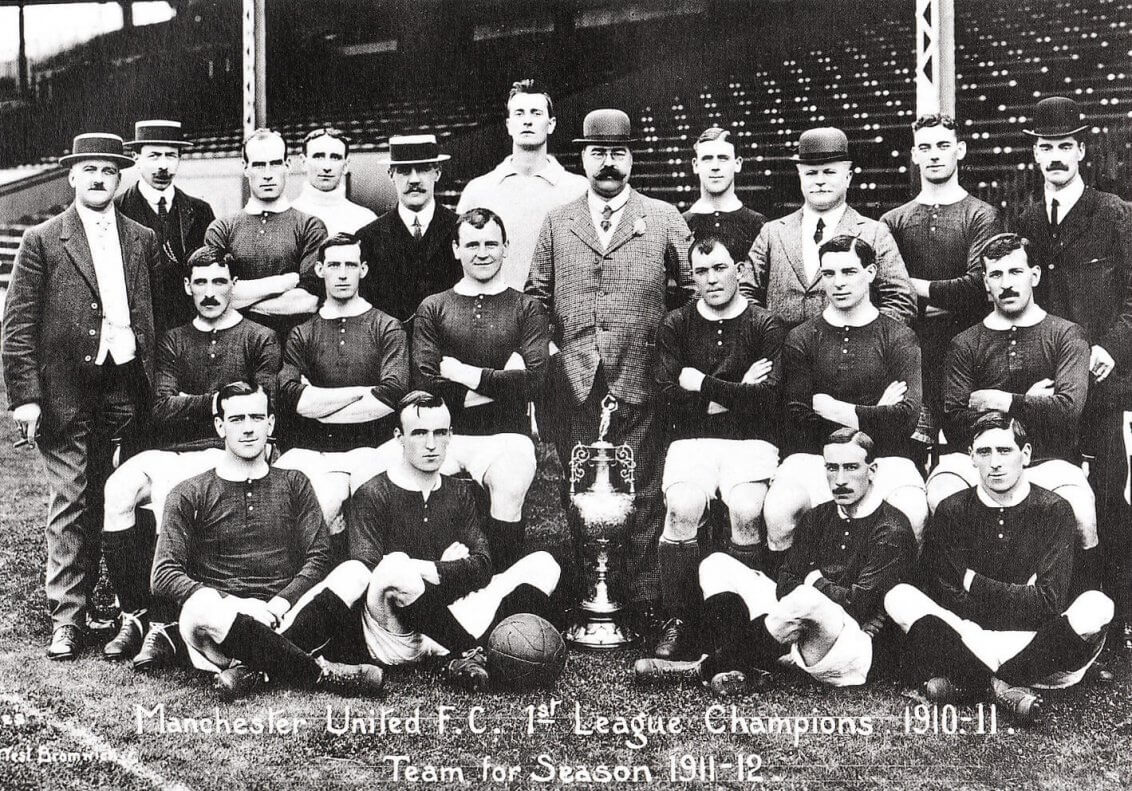It has been highlighted elsewhere on this blog that small football clubs are suffering while bigger clubs get ever richer. That process has accelerated with the arrival of pay per view television and heavy marketing of the game at the top level. Yet those small clubs struggling to make ends meet should be the focus of this piece.
New models of ownership emerging
It is commonly known that modern football has its roots in England; the modell of ownership that appears to be emerging is also originating from England. Originally clubs have always been owned by a wealthy person or family and were sold on for a profit; the clubs were small assets and run as businesses although a football club can hardly be organized as a business only. However, if the owner(s) decided to sell, they expected to make a profit from their original investment. This modell of ownership worked well until the beginning of the 21st. century. Ever since then new modells of ownership have been emerging; modells of a very different nature.
The most common is still that of owners who invest money into clubs either as loans and on a long-term basis. These owners such as the Glazer family at Manchester United or on a smaller scale, Mohamed Al-Fayed at Fulham FC intend to invest heavily and seldom intend to sell. As these clubs are in the Premier League all is well as revenue from tickets and TV is increasing continuously. Clubs further down the pyramid which do not experience those windfalls face life on the brink of extinction or rely on their fans to cough up ever more money to keep the club afloat. This is where fans realize their power and in many cases trusts have been established that have nothing but concern for the well-being of their club. Indeed, there are now many clubs in the Football League or in the Conference which are run by trusts after experiments with dubious owners failed and left the clubs often bankrupt.
Old and New meet in Manchester
Just like Capitalism was an invention that came from Manchester so is the latest model of club ownership also originating from the city. The old modell, epitomized by Manchester United and their rivals Manchester City is considered as completely out dated by fans of FC United of Manchester, the third club from the heart of English football. FC United were established out of protest by many Man United fans in 2005 when the Glazers took over their beloved club and soon found themselves with a big task at their hands: a squad, a manager and a ground were to be organized while at the same time the structures of the club had to be fixed and the club had to receive official status. So far so good. The first three seasons from 2005 until 2008 saw them winning three promotions in a row; at the same time the average gate figures dropped from just over 3000 to 2100 in 2008/09. It currently stands at 1900.
The club are currently developing their own ground in Moston, moving there from Newton Heath, the site where Manchester United have their roots. The ground will be financed exclusively by the fans and sponsors. Where this will lead in the long run is unclear yet it is clear that a certain pride about the achievements can’t be denied by those involved in the club. It is however, a positive signal for football fans not to give up hope and rather make themselves heard. Of course this is difficult as football is an emotional field. It includes to abandon dreams of glory and league titles in the top divisions but personal involvement and the direct results this brings with it are certainly more cherish-able in this new age of the local club.
